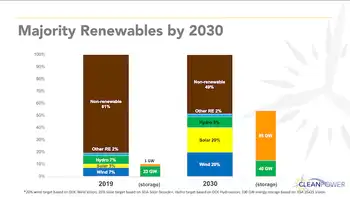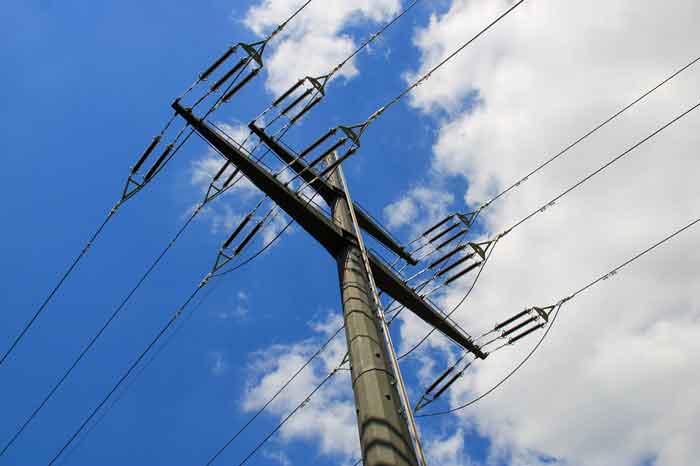GM spending millions in Michigan on Volt
GM officials detailed their investment plans for the Chevrolet Volt on the floor of its assembly plant that straddles the border between Detroit and tiny Hamtramck. The plant, which will begin mass producing the Volt in late 2010, is getting a $336 million upgrade that includes new machinery and other equipment.
GM's combined Volt-related investment also includes $202 million for a new plant in Flint that will build engine generators; $43 million for a plant in the Detroit suburb of Brownstown Township that begins making battery packs early next year; $37 million for a Bay City powertrain plant; and $27 million for the GM Tech Center in suburban Warren, home to the Volt's battery laboratory.
The state of Michigan last year approved $135.2 million in tax incentives for those sites and others.
In a year that GM and Chrysler endured bankruptcy protection and announced the closure of nearly 30 plants in the U.S. and Canada, the news was as much a relief as celebration for the politicians and workers who attended the news conference. Many speakers welcomed the chance to talk about something other than the state's economic woes.
Gov. Jennifer Granholm approached the stage from behind the wheel of a preproduction version of the Volt. She said mass production of the vehicle is "exactly in our sweet spot" as a state, which has suffered the nation's highest unemployment rate for months alongside the struggles of its largest industry.
"The electrification of the vehicle is all part of Michigan's strategy to emerge from a very difficult period," she said.
In August, Vice President Joe Biden came to Detroit to announce that Michigan would be the largest recipient of $2.4 billion in federal grants to develop next-generation electric vehicles and batteries. Michigan's take — more than $1 billion — was to be shared by 11 manufacturers and research facilities, including GM.
"It doesn't all have to manufactured overseas," Granholm said. "We can make a competitive product right here in Michigan."
Jon Lauckner, GM's vice president of global product planning, said the company expects it will be the first U.S. facility owned by a major automaker to produce an electric car.
"With GM at the lead, electronic vehicle development is creating entirely new industries," he said.
GM Vice Chairman Bob Lutz was expected to make the announcement, but didn't attend the event. Two GM spokesmen said Lutz had a scheduling conflict.
Donald Meyer, a member of the Volt launch team as well as the union local that represents workers at the Detroit-Hamtramck plant, said the announcement was "probably the best thing I've ever seen happen" in his 32 years with GM. He said it's "phenomenal" after years of labor concessions, plant closings and "doing more with less."
"As far as keeping the company operating, you just can't beat this," Meyer said after the news conference. "It's staying in Michigan and keeping us working and keeping our families fed."
Meyer said his team will be bringing the Volt into the plant next week to "tear it apart" and train workers. Assembly of prototype vehicles is expected to begin in March and regular production in November.
GM said in August it expects the Volt to get 230 mpg in the city, based on early tests using draft guidelines from the U.S. Environmental Protection Agency for calculating mileage of extended range electric vehicles.
The car is expected to cost between $35,000 and $40,000. That price range could keep many away, but Lauckner said tax incentives for buyers are expected to make it more affordable as the company ramps up manufacturing and lowers its costs.
Related News

China to build 525-MW hydropower station on Yangtze tributary
CHONGQING - China plans to build a 525-MW hydropower station on the Wujiang River, a tributary of the Yangtze River, in Southwest China's Chongqing municipality.
The Baima project, the last of a cascade of hydropower stations on the section of the Wujiang River in Chongqing, has gotten the green light from the National Development and Reform Commission, China's state planning agency, the Chongqing Municipal Commission of Development and Reform said Monday.
The project, in Baima township of Wulong district, is expected to involve an investment of 10.2 billion yuan ($1.6 billion), it said.
#google#
With a power-generating capacity of 525 MW, it is expected…




